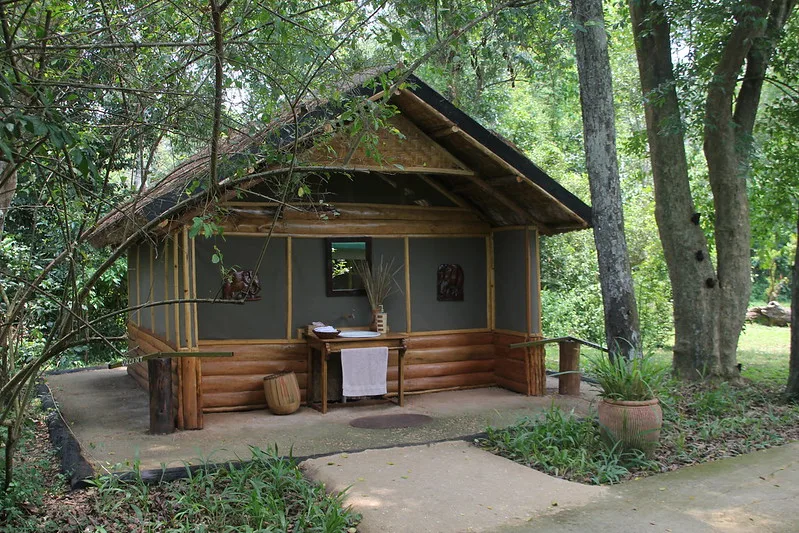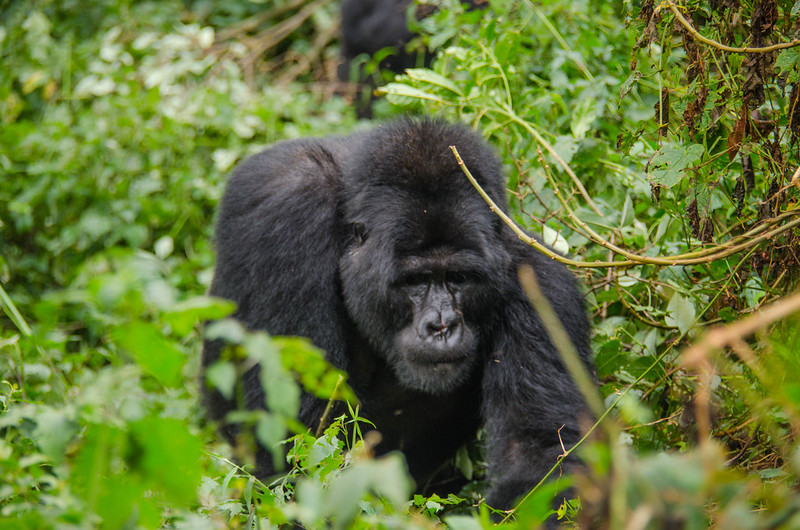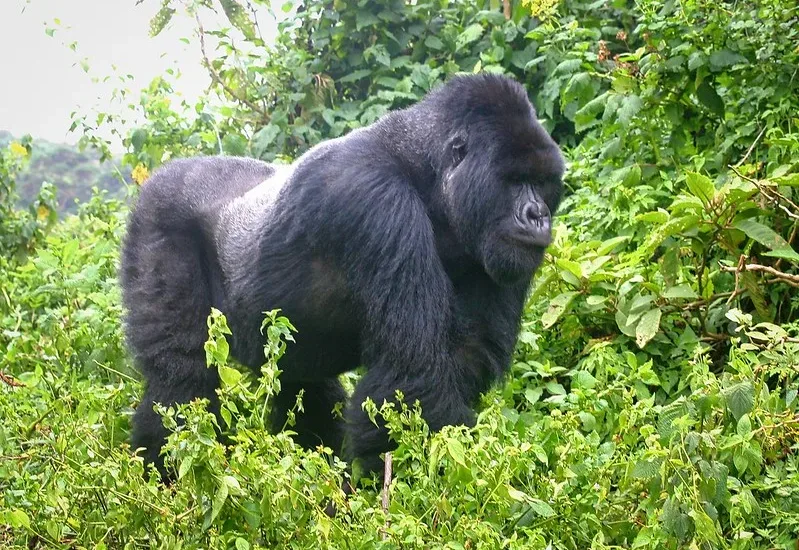Vous êtes bienvenus, aventuriers courageux, dans les merveilles sauvages de l'Ouganda, où l'appel de la…
What should I know before traveling to Uganda in 2023?
Before traveling to Uganda, here are some key things you should know:
- Visa Requirements: Check the visa requirements for your nationality before traveling to Uganda. Some nationalities may require a visa in advance, while others can obtain one on arrival. It’s advisable to check with the Ugandan embassy or consulate in your country for the most up-to-date information.
- Vaccinations: Ensure that you are up-to-date on routine vaccinations and consider getting additional vaccinations before traveling to Uganda. Common recommended vaccines include hepatitis A and B, typhoid, yellow fever, and meningitis. Malaria is also prevalent in Uganda, so consult with your healthcare provider about taking anti-malarial medication.
- Safety and Security: Uganda is generally a safe country to visit, but it’s important to take some precautions. Be cautious in crowded places, avoid displaying valuable items, and be aware of your surroundings. Exercise particular caution in Kampala, especially at night, and avoid traveling alone after dark.
- Weather and Packing: Uganda has a tropical climate, with temperatures averaging between 20°C to 30°C (68°F to 86°F) throughout the year. Pack lightweight and breathable clothing, but also bring some warmer clothing for cooler evenings. Don’t forget essentials like a hat, sunscreen, insect repellent, and a good pair of walking shoes for outdoor activities.
- Currency and Money: The official currency in Uganda is the Ugandan Shilling (UGX). Credit cards are widely accepted in larger establishments, but it’s advisable to carry some cash for smaller vendors and rural areas. ATMs are available in major cities, and foreign currency can be exchanged at banks and authorized exchange bureaus.
- Language: The official language of Uganda is English, and it is widely spoken, particularly in urban areas. However, there are also several local languages spoken, such as Luganda, Swahili, and various other regional languages.
- Culture and Etiquette: Ugandan society is diverse and influenced by various ethnic groups. Respect local customs and traditions, dress modestly when visiting religious or traditional sites, and be mindful of local sensitivities. It’s polite to greet people with a handshake and use common courtesies when interacting with locals.
- Wildlife and Nature: Uganda is known for its abundant wildlife and stunning natural landscapes. The country is home to several national parks, including Bwindi Impenetrable National Park and Queen Elizabeth National Park, where you can experience gorilla trekking and safari adventures. Remember to follow the instructions of park guides and maintain a safe distance from wild animals.
- Health and Hygiene: Drink bottled water or use water purification methods to avoid waterborne diseases. Practice good hygiene by washing your hands regularly, especially before meals. It’s also advisable to carry a basic first-aid kit with essential medications and supplies.
- Local Transportation: Public transportation in Uganda mainly consists of buses, minibusses (known as matatus), and taxis. Private hire vehicles and motorbike taxis (boda bodas) are also common. Ensure your transportation is reliable and negotiate fares in advance. Be cautious when using boda bodas and wear a helmet for safety.
It’s always recommended to research further and consult with your local embassy or consulate for the most up-to-date information and travel advisories before your trip to Uganda.


